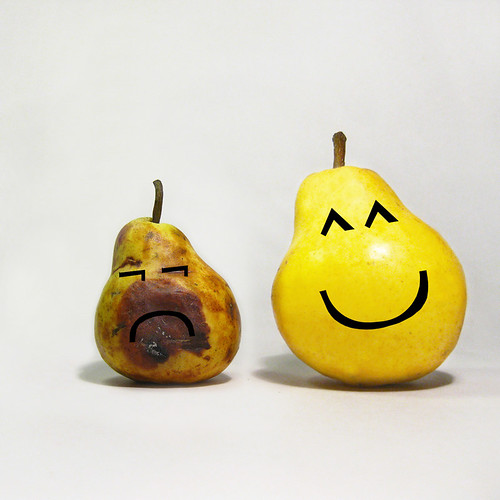What improves performance more: envy or admiration?
.
Four studies tested the hypothesis that the emotion of benign envy, but not the emotions of admiration or malicious envy, motivates people to improve themselves. Studies 1 to 3 found that only benign envy was related to the motivation to study more (Study 1) and to actual performance on the Remote Associates Task (which measures intelligence and creativity; Studies 2 and 3). Study 4 found that an upward social comparison triggered benign envy and subsequent better performance only when people thought self-improvement was attainable. When participants thought self-improvement was hard, an upward social comparison led to more admiration and no motivation to do better. Implications of these findings for theories of social emotions such as envy, social comparisons, and for understanding the influence of role models are discussed.
Source: “Why Envy Outperforms Admiration” from Personality and Social Psychology Bulletin
Join over 230,000 readers. Get a free weekly update via email here.
Related posts:
How To Get People To Like You: 7 Ways From An FBI Behavior Expert
New Neuroscience Reveals 4 Rituals That Will Make You Happy
New Harvard Research Reveals A Fun Way To Be More Successful




